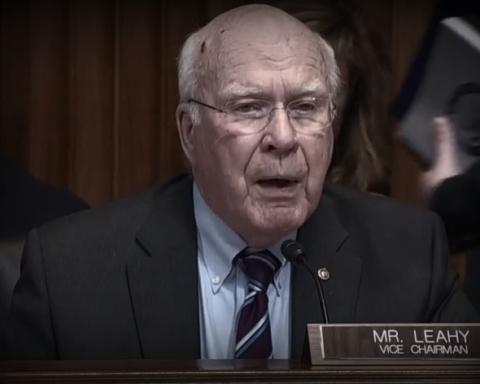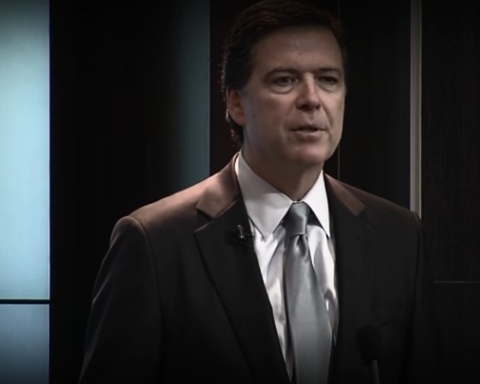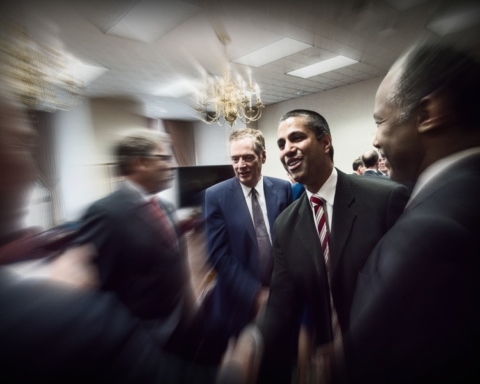The lack of broadband access in to rural areas and tribal lands briefly took center stage on Capitol Hill Wednesday, as Rep. Anna Eshoo (D-Calif.) described the struggles of Americans on the wrong side of the digital divide.
“We’re 24th in the world,” Rep. Eshoo said during a House Energy and Commerce subcommittee hearing, referring to a United Nations study on high-speed connectivity.
“I think that a good part of that number is a representation of Native Americans in reservations in our country,” she added, describing it as “a shameful record.”
Testifying at the hearing alongside industry reps, researchers, and city advocates, Governor Stephen Roe Lewis of the Gila River Indian Community in Arizona, noted that “tribal lands are the least served areas in the country.”
Lewis referenced the latest FCC Broadband Progress Report, which found that nearly half of all tribal lands in the US can’t even access the web at minimal speeds (10/1 mbps), and more than two-thirds lack basic bandwidth (25/3 mbps).
“For students to have to be driven by their parents 65 and 75 miles away to sit in the car in order to get some kind of connection to do their homework,” Rep. Eshoo said during the hearing. “I don’t think any Member of Congress who’s a parent here would ever put up with that.”
The chairman of the subcommittee, Rep. Greg Walden (R-Ore.), spoke to one of the obstacles to wiring up remote locations, noting that “carriers only deploy to areas where there’s an economic case for the build.”
“Profit is a problem across the board when building out to these more rural areas,” responded Deb Socia, the Executive Director of Next Century Cities, an organization devoted to helping municipalities gain reliable internet access.
She reminded the Chairman, however, that communities often have different notions of success than corporations.
“I think the ways that our cities are looking at what is a profit are a little bit different than the way that a company may look at what a profit is,” Socia told Rep. Walden.
“It’s about education, its about public safety, its about economic development and transportation, and all of these opportunities that are presented when you have access,” she added.
Two cities represented by Socia’s organization, Wilson, N.C. and Chattanooga, Tenn., established their own public broadband service as an alternative to corporate offerings.
The cities’ initiatives were protected by the Federal Communication Commission in February, when the panel struck down state laws aimed at preventing municipal intervention in the broadband market.





